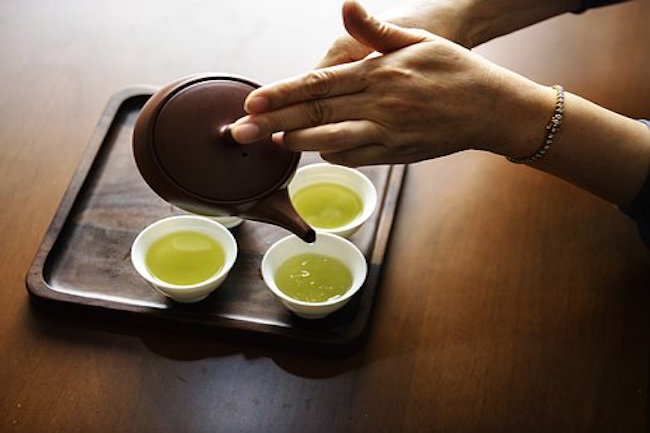Oolong Tea May Help Shed Pounds While You Sleep by Dr. Joseph Mercola for Mercola
Data from Japan show drinking oolong tea may help your body burn fat, independent of the effects of caffeine. Around the world, tea is one of the most popular beverages, second only to water. In popularity, 84% of tea consumed is black; 15% is green; and the remaining 1% is split between oolong, white and dark teas.1
According to the Tea Association, total sales in 1990 were $1.84 billion, which rose to $12 billion by 2016.2 The market continues to grow, albeit at a slower rate, with reported sales of $12.67 billion in 2019. The Tea Association hypothesizes several trends could be affecting their industry, including a healthier outlook of consumers and a greater number of people who practice alternative nutrition such as gluten-free, dairy-free, vegetarian and keto diet plans.
On any day, nearly half the people in the U.S. are drinking tea, with a greater concentration of tea drinkers found in the South and Northeast. Although black tea is the preferred drink, it may be time to consider the less bitter and flavorful oolong tea.
A Cup of Oolong in the Evening Raises Fat Burning at Night
A recently published study from a team of researchers at the University of Tsukuba in Japan found that drinking oolong tea can help your body burn fat, even while you’re sleeping.3 The study took place over 14 days and engaged 12 non-obese men who drank either oolong tea, caffeine or a placebo at breakfast and lunch each day.
On Day 14, 24-hour measurements were recorded. The researchers found that drinking caffeine or oolong tea raised fat burning by approximately 20% without any effect on energy expenditure.4
However, they also found a greater decrease was experienced by those drinking the oolong tea suggesting there was an unidentified ingredient in the tea that has a greater effect on fat oxidation.5 Additionally, it appeared that the effect on fat burning was suppressed immediately after meals and occurred during sleep.
The researchers also found drinking two cups of oolong tea per day did not interfere with the participants’ sleep habits. Past research has demonstrated caffeine at greater than 100 milligrams (mg) can increase energy expenditure, but in the present study the amount of caffeine ingested did not increase energy expenditure.
This suggested to the researchers that the participants became tolerant over the two weeks of routine caffeine ingestion. While the researchers did measure fat burning, they noted two weeks was not a long enough duration to assess the effects this intervention could have on body composition. The senior study author commented in a press release:6




